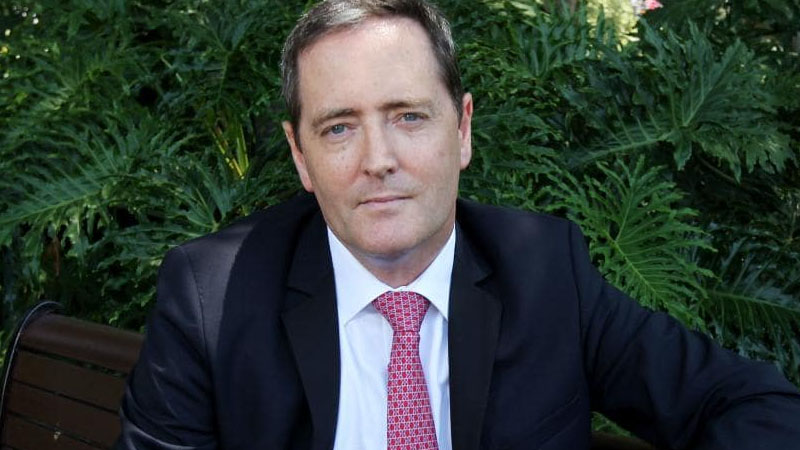Growing profits should support super guarantee raise: ASFA

New data showing business income has escalated should be cause for the legislated increase in mandated super contributions next year to proceed, the Association of Superannuation Funds of Australia (ASFA) has argued.
ASFA has made the call as Liberal backbenchers have cast doubt on whether the super guarantee increase to 10 per cent scheduled for next year and its eventual rise to 12 per cent in 2025 should go ahead. Organisations including the Treasury, the RBA and the Grattan Institute have warned the rise could come at the expense of businesses deploying capital towards job creation and wage growth.
But ASFA has pointed to new ABS National Accounts data, which has shown total corporate profits (of non-financial corporations) rose by 15 per cent during the June quarter and was 16 per cent higher than the corresponding period in 2019.
Excluding the mining sector, the quarterly rise in corporate profits was said to be the largest in almost two decades.
Meanwhile, the ABS data showed total wages and salaries paid to workers during the quarter fell by 2.5 per cent and were the same level compared with the June quarter last year.
ASFA chief executive Martin Fahy commented only the scheduled SG rise will provide workers with a pay rise next year and address the imbalance between “fat profits and flat wages”.
“Once again, we see clear evidence that the share of income accruing to business is ballooning while [hard-pressed] workers face the bleak reality of weaker wages for longer,” Dr Fahy said.
“At $1 a day per employee, the increase in superannuation is affordable for the majority of businesses and is now critical to allow workers to catch up, given they haven’t seen a significant wage rise in years, and with little possibility of higher wages on the horizon.”
The SG rate increase to 10 per cent from its current 9.5 per cent is scheduled for 1 July next year.






